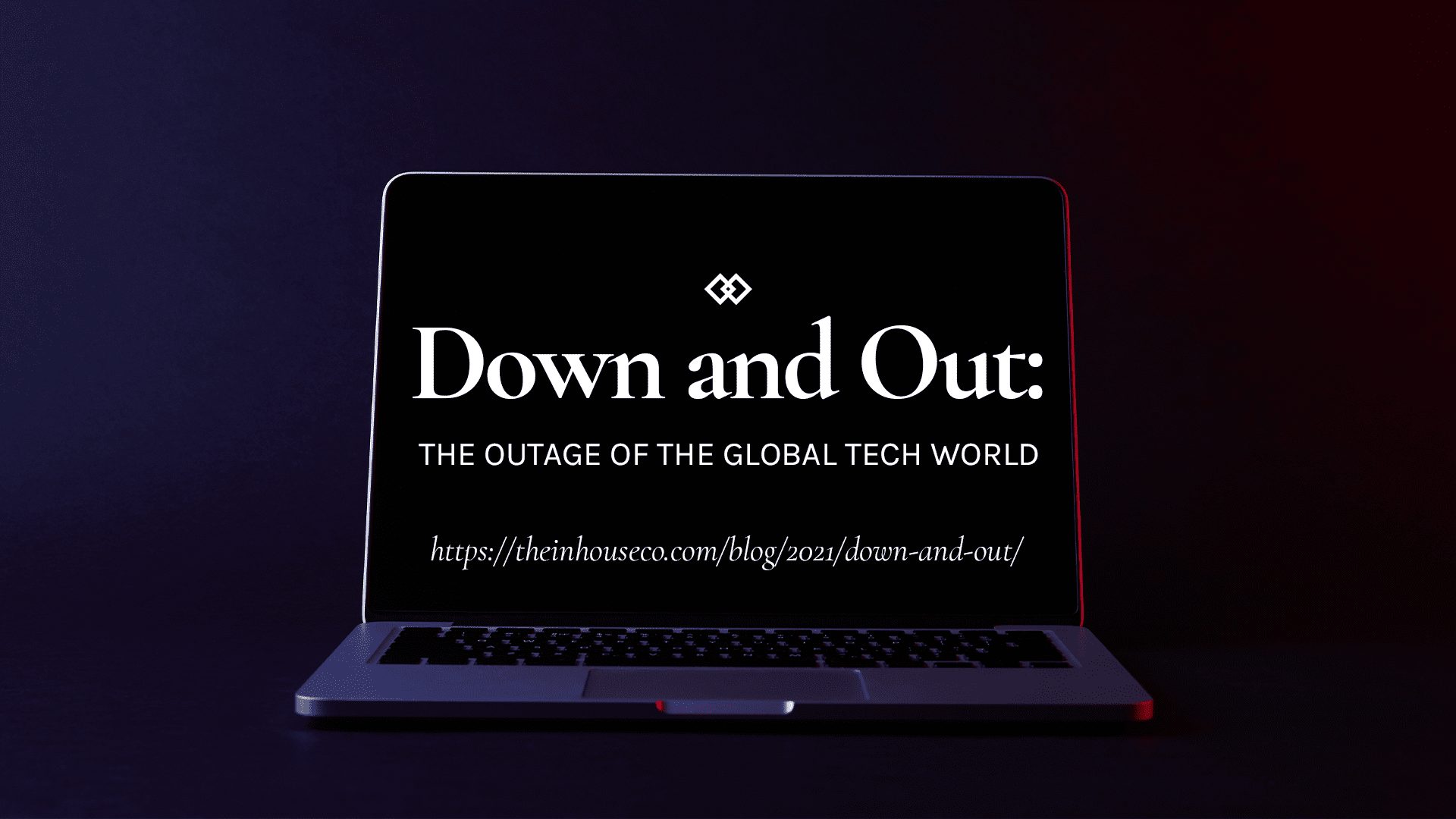
On a Monday evening, for nearly six hours, the world watched anxiously as the global tech giants Whatsapp, Facebook and Instagram went off the grid. In a technology-driven society where each and every person is overly dependent on social media for posting personal matters to facilitating the operations of small businesses around the world, the outage was a glimpse of the simple scenario of whether a man truly still controls social media or whether it controls us?
Facebook defended the outage by claiming it was a result of faulty configuration change on routers which affected the transmission network between data centers which had a further depleting effect on the communication ability of data centers. The impact of the outage left even Facebook employees, who were on-campus to fix the issue, unable to get to the problem as their security badges were rendered useless. Irrespective of whether this outage was a technical glitch or a malicious human effort, the truth remains that the integrity of the technical and legal infrastructure of Facebook and its other apps has begun to show the cracks within the system. By consolidating the operations of Whatsapp, Instagram, and Facebook under the same overarching power has allowed Facebook and given them an undefined power to understand and assimilate a unified perspective of their users and the pattern of their internet usage but, it renders Facebook and its many platforms vulnerable and makes them an easier target for vicious attacks from other parties. Basically, that’s called (in nontech parlance) putting your eggs in one basket.
Many are still trying to grapple with the situation which has occurred shortly after the whistleblower Frances Haugen, a former employee who worked for a period of 2 years in the Civic Misinformation Team in Facebook accused the social network giant of blatantly disregarding the safety of the users of the platform and prioritizing profit and growth over chastising hate speech and misinformation. To support her case, Haugen had provided lawmakers, regulators and the media with sufficient incriminating evidence that clearly portrays Facebook’s knowledge of the harm being done through their actions or lack of action but continued on, in order to have more control and more profitability. Even Instagram has been aware of the great negative impact that its actions have brought upon the mental health of young teenage girls, and they have not taken any remedial action to fix the existing issues at hand.
There are several others who argue that the outage was a result of Facebook’s efforts to integrate Whatsapp, Instagram, and Facebook into one interoperable platform and their inability to execute that properly. Nevertheless, Facebook has been quite in the news plenty of times now with its many privacy and user safety issues that have raised its ugly heads on several occasions. Some of the more popular ones are FTC privacy charges settled by Facebook (November 2011); Mood manipulation experiment conducted on thousands of Facebook users (July 2014); the Data Protection Law issue in Europe (January 2018); order from the Belgian court requesting Facebook to stop tracking people across the internet (February 2018) and the reveal of Facebook’s knowledge of the massive data theft that occurred and for which they had done nothing (March 2018).
The legal liability of Facebook in terms of maintaining the privacy and safety of their users are quite critical considering the unfolding of a plausible legal action against Facebook on the account of the statements and evidence provided by Frances Haugen. The recent outage has only proven to many the indispensable need for these social media platforms in our personal and commercial matters and clearly represents how as users we are intertwined with the very existence and operations of their platforms. So, the question arises: Will the over-dependence on these platforms become our Achilles heel? Although apparently we are told that no user data had been compromised during the outage, it is only probable for one to wonder if there is any truth in that statement considering Facebook’s fantastic record of past infringements on the privacy and safety of their users.
Clearly, the story is only just unfolding.















